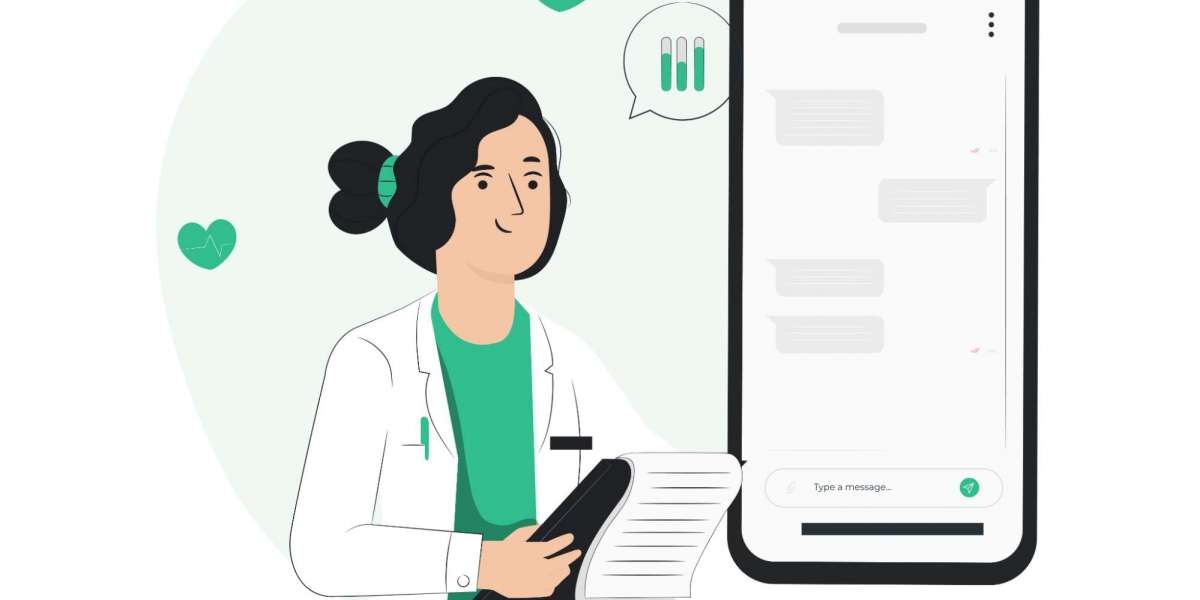When developing software or applications in the healthcare industry, ensuring compliance with the Health Insurance Portability and Accountability Act (HIPAA) is critical. HIPAA establishes strict guidelines for protecting sensitive patient information, and non-compliance can lead to serious legal and financial consequences. A HIPAA development checklist helps guide the process to ensure your application meets all necessary privacy and security requirements. Riseapps https://riseapps.co/, a company with expertise in healthcare software development, can be a valuable partner in navigating this complex regulatory landscape.
To begin with, it is essential to understand the key components of HIPAA compliance, including the Privacy Rule, the Security Rule, and the Breach Notification Rule. These rules dictate how patient data should be handled, stored, and shared. When developing a HIPAA-compliant application, you must implement appropriate data protection measures, such as encryption and access controls, to ensure that sensitive health information is kept secure. Additionally, all third-party vendors involved in your application, such as cloud providers, must also comply with HIPAA regulations. It's crucial to have a Business Associate Agreement (BAA) in place to ensure that these vendors maintain the necessary safeguards for data protection.
Another vital aspect of HIPAA development is ensuring that your software includes proper user authentication and authorization. Only authorized personnel should be able to access patient data, and user roles should be clearly defined. Multi-factor authentication is often recommended as an extra layer of security. Furthermore, tracking and auditing user activity are key to monitoring access and identifying potential security breaches.
Data storage is another critical consideration. HIPAA mandates that protected health information (PHI) must be stored in a secure, encrypted format. Whether you’re using on-premise servers or cloud-based storage, ensuring the security of PHI is essential. Additionally, data retention policies should be established to ensure that PHI is only stored as long as necessary for business purposes and properly disposed of when no longer needed.
Riseapps, with its focus on healthcare software, can guide you through the entire development process, ensuring that your application meets HIPAA requirements. Their team can help integrate robust security measures, ensure proper encryption protocols, and implement audit trails for transparency. They can also assist in conducting risk assessments and providing ongoing support to maintain compliance as regulations evolve.
In conclusion, creating a HIPAA-compliant application is an ongoing process that involves careful attention to privacy, security, and legal requirements. By following a detailed development checklist and partnering with experts like Riseapps, you can ensure that your healthcare application is both effective and compliant with HIPAA regulations, helping to protect patient data and build trust in your product.
Search
Popular Posts
Categories
- Cars and Vehicles
- Comedy
- Economics and Trade
- Education
- Entertainment
- Movies & Animation
- Gaming
- History and Facts
- Live Style
- Natural
- News and Politics
- People and Nations
- Pets and Animals
- Places and Regions
- Science and Technology
- Sport
- Travel and Events
- Technology & Innovation
- Gadgets & Reviews
- Software & Apps
- Artificial Intelligence
- Tech News
- Cybersecurity
- Health & Fitness
- Nutrition & Recipes
- Mindfulness & Mental Health
- Home Decor
- Fashion & Beauty
- Sustainable Living
- Health & Fitness
- Nutrition & Recipes
- Mindfulness & Mental Health
- Home Decor
- Fashion & Beauty
- Sustainable Living
- Destination Guides
- Travel Tips
- Cultural Experiences
- Adventure Sports
- Budget Travel
- Luxury Travel
- Entrepreneurship
- Marketing & Branding
- Personal Finance
- Investing
- Productivity Hacks
- Career Development
- Education & Learning
- Online Courses
- Study Tips
- Parenting & Child Development
- Skill Building
- Books & Literature
- Education Technology
- Entertainment & Pop Culture
- Movies & TV Shows
- Music
- Celebrity News
- Gaming
- Reviews & Recommendations
- Trends & Memes
- Creative Arts
- Photography
- Writing Tips
- Art & Design
- Crafts & DIY
- Performing Arts
- Poetry
- Relationships & Personal Growth
- Dating & Love
- Family & Parenting
- Self-Improvement
- Life Hacks
- Motivation & Inspiration
- Personal Stories
- Food & Drink
- Recipes
- Restaurant Reviews
- Food Trends
- Healthy Eating
- Baking
- Drinks & Cocktails
- Science & Nature
- Space Exploration
- Environmental Issues
- Wildlife & Conservation
- Innovations in Science
- Nature Photography
- Climate Change
- Sports & Fitness
- Workout Routines
- Sports News
- Athlete Spotlights
- Outdoor Activities
- Team Sports
- Health & Nutrition for Athletes
- Hobbies & Interests
- Gardening
- Collecting (e.g., stamps, coins)
- Knitting & Sewing
- Board Games & Puzzles
- Board Games & Puzzles
- Model Building
- Pets & Animal Care
- Current Events
- Social Issues
- History
- Festivals & Holidays
- Opinion Pieces
- Advocacy & Activism
- Other








